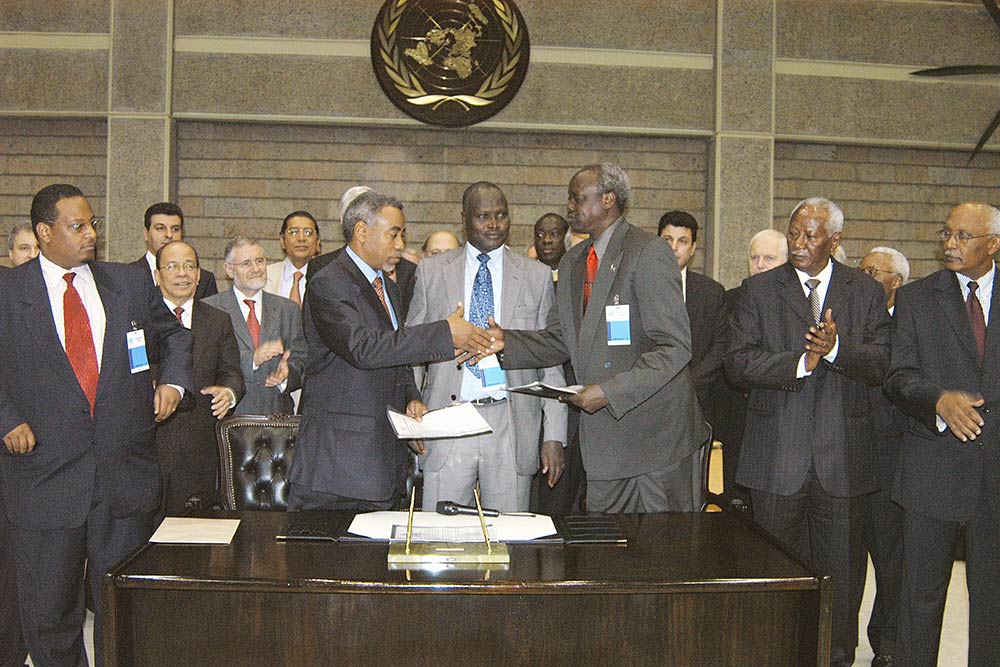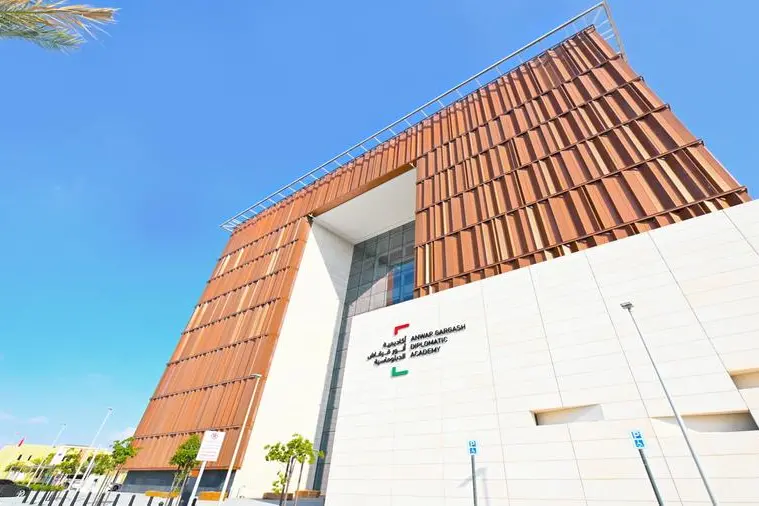The Cairo Center for Conflict Resolution and Peacekeeping in Africa (CCCPA), the African Union Commission, the Egyptian Embassy in Addis Ababa and the Government of Japan, jointly hosted a workshop entitled “Partnerships for Peace & Security in Africa: The APSA Roadmap and the TICAD VI Nairobi Declaration” in Addis Ababa (Ethiopia) on 3 March 2017.
ACCORD was invited to the workshop and Charles Nyuykonge, Senior Researcher in the Knowledge Production Department (KPD), attended as ACCORD’s representative.
The African Peace and Security Architecture Roadmap 2016-2020 (hereinafter the Roadmap) is a key strategic document of the African Union (AU), which maps out the way forward for addressing the most pressing threats, challenges and risks to African peace and security by means of a fully functional and operational APSA. It provides a shared understanding of the results to be achieved and the roles and functions each stakeholder involved in APSA is expected to play. As such, it is by far the most efficient tool to communicate APSA plans and expected results to Member States, partners and other external actors. The Roadmap details the joint aims of the African Union Commission (AUC) and regional economic communities/regional mechanisms (RECs/RMs) in five strategic priority areas: conflict prevention (incl. early warning and preventive diplomacy), crisis/conflict management, including the African Standby Force (ASF) and mediation, post-conflict reconstruction and peacebuilding, strategic security issues (such as counterterrorism, disarmament, organized crime, the illegal flow of small arms and light weapons, etc.), and coordination and partnerships.
With many overlapping priorities between the two plans (The APSA roadmap and the Nairobi Declaration), it is imperative to coordinate and harmonize efforts to ensure the most efficient approaches for tackling challenges of peace and security facing the African continent, while emphasizing African ownership and priorities. The workshop was held to tackle this important issue.
The workshop explored the future of the African Peace and Security Architecture, its 2016-2020 Roadmap, with a particular focus on the issue of partnerships, especially in the area of training and capacity building. It brought together representatives of national governments, the African Union, Regional Economic Communities/Regional Mechanisms (RECs/RMs), representative of UN/AU peacekeeping missions, and African training/research centers.
CCCPA prepared a summary of discussions with the final findings/recommendations for submission to the Government of Japan, African Union, RECs & RMs, and African training institutions.
The workshop brought together officials from national governments and regional and continental bodies, representatives of UN and AU peacekeeping missions, leading scholars and practitioners from African training/research centers, and stakeholders.







